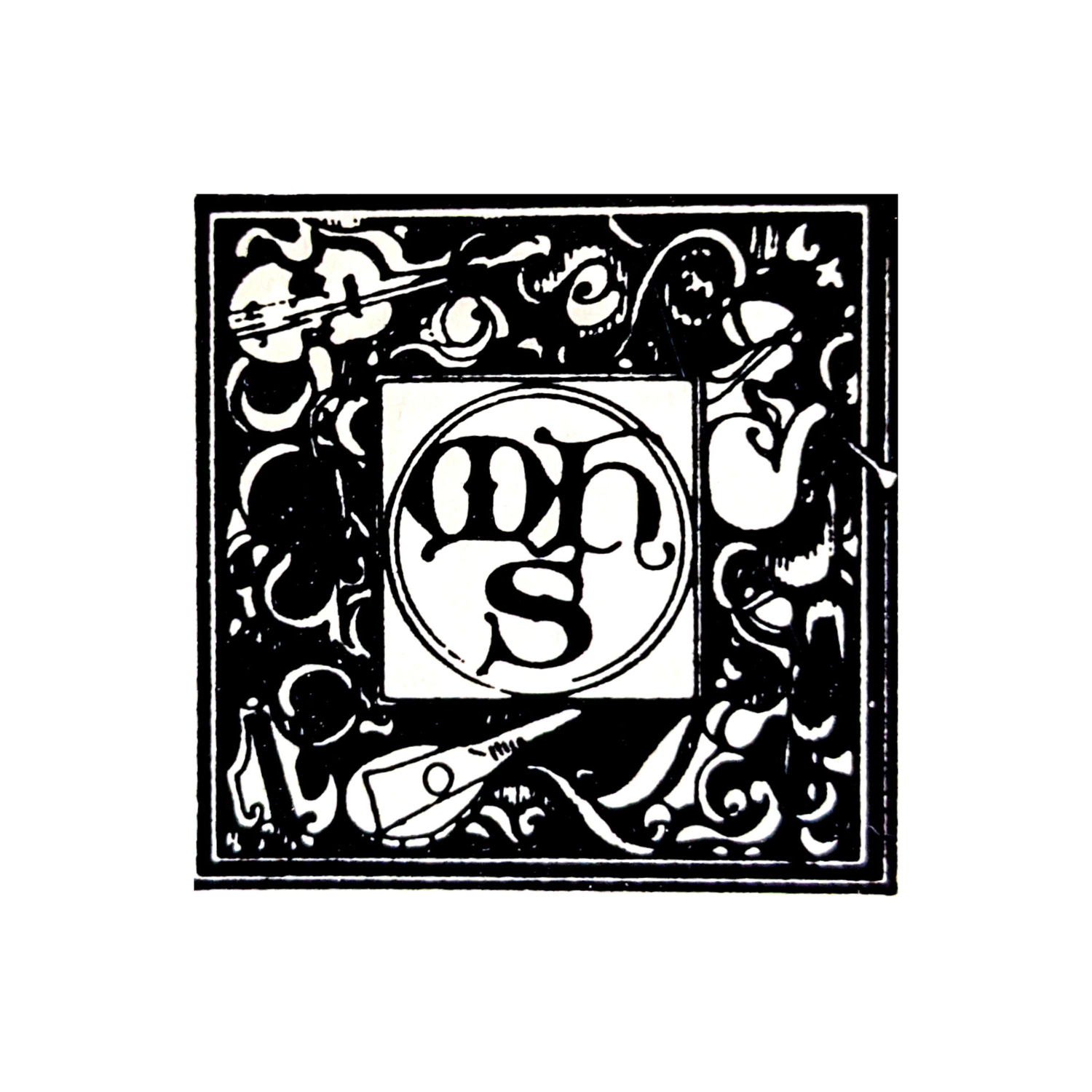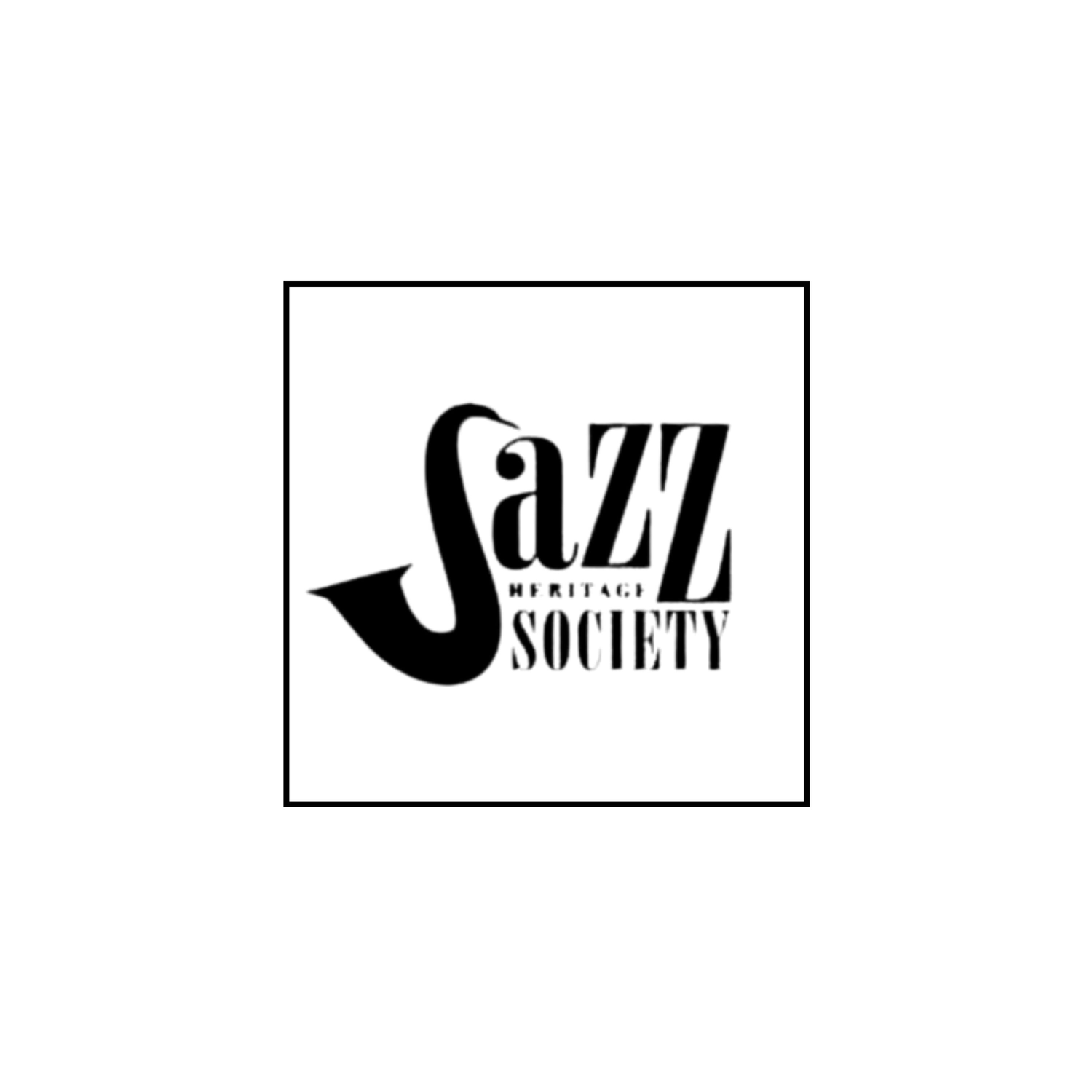Anton Rubinstein: Composer, Pianist, and Vision...
Explore Anton Rubinstein’s life, music, and the rare recordings preserved in the Musical Heritage Society
Read More
This recording is thoroughly delightful from beginning (or almost; skip the Ives) to end. The point isn't to familiarize with specific composers, but to distill the milder side of a uniquely American flavor, and that aim is superbly achieved.
The sampler is becoming a hot marketing strategy lately, not only to show off the wares of a given label, but also to explore obscure corners of a repertoire. Despite the word crazy in the title, this is actually as homogeneous a collection of American piano music as I could imagine. Leo Smit's musical proclivities are very clear: he prefers rhythmic, diatonic music in one of two veins, gentle or jazzy. Even Dream by John Cage, contrary to your knee-jerk expectations (don't give me that sour look), is a calm, steady-rhythmed tonal fantasy from his "quiet period" in the I940s. Smit's playing, too, tends to elicit these qualities from everything he plays, with the result that the less distinctive pieces here--Bernstein, Talma, Shapero, Fine--tend to blend together into an American diatonic soup. Seven of the pieces--those by Fine, Copland, Smit, Talma, Kubik, Farwell, and Schuman--are listed as first recordings, and many of the others one would be hard put to find elsewhere.
Gershwin's song A Foggy Day, in piano arrangement by Smit, stands out for its suave harmony and period charm. So do Virgil Thomson's clever, mild-mannered portrait of Copland and Louis Moreau Gottschalk's surprisingly tender salon piece. Copland's own Moods (one of the several pieces omitted from Smit's "complete" Copland album) are juvenilia from l 921, and provide no hint of the startlingly original style he was to develop only a half-decade later. The MacDowell, as usual, is devoid of content; aside from his Colony, I don't understand why history hasn't forgotten him. Schuman's Dynamic is gratifyingly thorny, if not his best work, while Pete Johnson's Zero Hour is a sleekly risque reconstruction of some 1938 boogie-woogie. The most striking piece on the recording, though, may be Smit's own brief Ostinato, full of exciting 1920s syncopations.
The sore thumb here is the Ives movement, too granitic for Smit, if mild by Ives' own standards. Of all the recordings I've heard of the Concord (and I have most of them), this is the least poetic and most rhythmically inflexible performance. It couldn't be more obvious that Smit's heart isn't in it, but I suppose Ives would have been too conspicuous an omission.
None of which is to deny that this recording is thoroughly delightful from beginning (or almost; skip the Ives) to end. The point isn't to familiarize with specific composers, but to distill the milder side of a uniquely American flavor, and that aim is superbly achieved. It's no shame to Smit's quilt that it is colored by his personality. Part of the enjoyment is that the recorded sound is excellent, remarkably lifelike. Timings aren't given, but who cares? You're supposed to sit back and savor this music, not worry about which piece is which.
By The MHS Staff
Explore Anton Rubinstein’s life, music, and the rare recordings preserved in the Musical Heritage Society
Read MoreBy The MHS Staff
Celebrate the artistry of Jack Wilkins, his jazz guitar legacy, and his timeless recordings with
Read MoreBy The MHS Staff
Explore Sir András Schiff’s artistry and his enduring legacy through recordings with the Musical Heritage
Read MoreBy The MHS Staff
Explore the haunting beauty of Albinoni’s Adagio from his Concerto in B-flat Major for Oboe,
Read MoreBy The MHS Staff
Explore how Jim Hall’s Jazz Heritage Society recordings capture his subtle genius, emotional clarity, and
Read MoreBy The MHS Staff
Explore how Freddie Hubbard’s Jazz Heritage Society recordings reveal the full power of his bold
Read MoreBy The MHS Staff
There are music festivals, and then there’s the Montreal International Jazz Festival. For decades, it’s
Read MoreBy The MHS Staff
We explore Clark Terry’s 1966 live album at MoMA, spotlighting its musical brilliance and how
Read MoreBy The MHS Staff
Dig into compelling facts about swing legend Benny Goodman, revealing lesser-known details of his groundbreaking
Read MoreBy The MHS Staff
Explore the legacy and enduring brilliance of Benny Goodman’s most famous song, “Let’s Dance,” with
Read MoreBy The MHS Staff
Explore Kurt Weill’s legacy through the exclusive lens of the Musical Heritage Society’s curated recordings
Read MoreBy The MHS Staff
Explore fascinating facts about jazz legend Dick Hyman, including his hidden talents, rare recordings, and
Read MoreBy Gregor Benko
These works are winningly performed by the young American pianist Duncan Stearns, whose beautiful tone
Read MoreBy David M. Greene
One of the burdens of aging is retrospection. No matter how much one tries to
Read MoreBy The MHS Staff
This definitive Ellington collection from The Musical Heritage Society captures the spirit of jazz history,
Read MoreBy Robert MacAleer
Anyone familiar with the first three volumes in this series is well aware of the
Read MoreBy David White
When Max G started on his journey, the entirety of Vivaldi was probably one-tenth of
Read MoreBy David White
Balsam’s Haydn is comfortable side by side with Mozart and Beethoven, and while insights may
Read MoreBy David White
Nameless Haydn symphonies are like small college basketball teams during March Madness. Nobody knows them
Read MoreBy David White
I, like so many of my peers have always found that all Bach works for
Read MoreBy David White
So while Gershwin’s Rhapsody in Blue gets raked over the coals for possibly being appropriated,
Read MoreBy David M. Greene
I suppose you entertain some lovely fantasy image of The Romantic Pianist/Composer? Well, forget it!
Read MoreBy Frank Cooper
Whether we take their point of view or are content only to enjoy what we
Read MoreBy David White
I find the incessant rearranging as part of the career of a composer to be
Read MoreBy David White
Perhaps Bach’s original title for what is now known as the Six Partitas, BWV 825-830
Read MoreBy Richard Taruskin, Opus Magazine
Leo Smit was literally present at the creation, and as composer is a native speaker
Read MoreBy Spencer Bennett
Here's to two veteran musicians who never lost sight of the joy of playing for
Read MoreBy David M. Greene
My contact over there in the otherworld of Tinton Falls has taken to economizing by
Read MoreBy David M. Greene
The publishers of this journal, imbued with some sense of black comedy, want me to
Read MoreBy Spencer Bennett
Davern...is a marvelous clarinet stylist whose ideas and articulation of themes is so complete that
Read MoreBy Spencer Bennett
Elvis and Patti Page were not the only icons of the 1950s. I can remember
Read MoreBy David M. Greene
It is generally agreed that Johannes Ockeghem (accent on the 0, as in hope) was
Read MoreBy De Koven
What a teeming household that Bach ménage must have presented. How irascible, quick-tempered Bach ever
Read MoreBy David M. Greene
"Before God and as an honest man I tell you that your son is the
Read MoreBy David M. Greene
One of the burdens of aging is retrospection. No matter how much one tries to
Read MoreBy The MHS Staff
As with other "Conversations With" articles, we've included exclusive playlists for Apple Music and Spotify,
Read MoreBy David M. Greene
Venosa is a town in southern Italy a hundred miles east of Naples and seventy-five
Read MoreBy David M. Greene
In his day, old G.P. Telemann was Something Else! He couldn't seem to do anything
Read MoreBy Professor Adele Marcus
NOTE: To accompany this interview, we have created Spotify and Apple Music playlists of many
Read MoreBy David M. Greene
Writing these columns has been an education for me. I spent 40-some years yearning for
Read MoreBy Fanfare Magazine
By any standards this is an extraordinary album. It offers, by the way, more music
Read MoreBy David M. Greene
The only major genre in which Mozart presumably wrote more than he did in that
Read MoreBy David M. Greene
A recent history of 19th-century English music rather peevishly notes that, in terms of quanity
Read MoreBy David M. Greene
Ah, yes! I see by the old (actually current) calendar on the wall that it's
Read MoreBy David M. Greene
For those of you who came in late, a couple of introductions are in order.
Read MoreBy Karen Monson, Ovation Magazine
That's not to say that Yes, We Have No Bananas is quite on the order
Read MoreBy Maurice Peress
One would be hard pressed to think of a musical event about which more has
Read MoreBy David M. Greene
Never mind that his title pages read Sonatas for Piano with the Accompaniment of a
Read More
The Musical Heritage Society has been making classical music recordings for over...

The Jazz Heritage Society isn’t just a collection; it’s a carefully curated...
Loading checkout page...
Our Membership Benefits Include:
Become a Friend of MHS!
